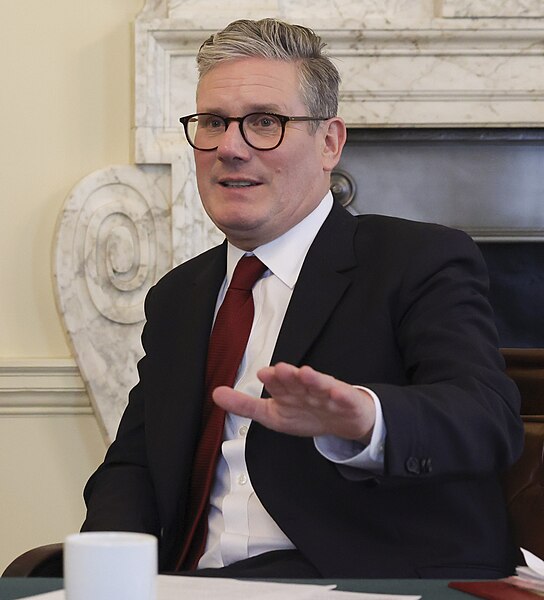
Commonwealth leaders are expected to defy the UK government by advancing discussions on reparations for the transatlantic slave trade, despite the British government's opposition
to the topic.
Downing Street had maintained that reparations would not be part of the agenda for the Commonwealth Heads of Government Meeting (CHOGM), which kicks off in Samoa on Friday. However, diplomatic sources suggest that a draft communique, currently under negotiation, signals that discussions about reparatory justice may be unavoidable. This could result in the UK facing substantial financial claims for its historical involvement in slavery.
The draft communique, obtained by the BBC, states: "Heads, noting calls for discussions on reparatory justice with regard to the transatlantic trade in enslaved Africans and chattel enslavement… agreed that the time has come for a meaningful, truthful, and respectful conversation towards forging a common future based on equity."
It further emphasizes the need for further research and dialogue to address the historical injustices of slavery. While the communique could still be revised during the summit, its current form suggests growing momentum among Commonwealth nations to prioritize these discussions.
Bahamas’ foreign affairs minister, Fred Mitchell, spoke to BBC Radio 4, asserting that it is "only a matter of time" before Sir Keir Starmer, leader of the UK's Labour Party, changes his stance on reparations. Mitchell stressed that no specific financial figure has been set for reparations, reinforcing the need for continued dialogue on the subject.
Mitchell also pointed out the significance of the draft communique, which he described as a call for a conversation on reparatory justice rather than a definitive commitment. Nonetheless, he believes this initial step is critical and expressed disappointment that even this concession remains contested by the UK government.
Prime Minister Keir Starmer has consistently avoided the subject of reparations, focusing instead on addressing current global challenges. Speaking to reporters on his way to the summit, Starmer reiterated his position: "On the question of which way we’re facing, I think we should be facing forward… Commonwealth colleagues are facing real challenges, like climate change, in the here and now."
Despite Starmer's stance, the draft communique highlights shared historical experiences among Commonwealth members, particularly relating to the slave trade and its long-term impacts on indigenous peoples and former colonies.
Pressure on Starmer to engage in discussions about reparatory justice is mounting both from the Commonwealth and within his own party. Labour MP Bell Ribeiro-Addy recently warned that the "Commonwealth will crumble" if the UK government does not reopen talks on the issue. Ribeiro-Addy also criticized the government's reluctance to address the historical wrongs of slavery, noting that an apology, at the very least, should be offered.
Several Labour MPs, including Clive Lewis, Nadia Whittome, Marsha de Cordova, and Dawn Butler, have also called for Starmer to reconsider his approach. Additionally, resurfaced footage shows David Lammy, Labour’s current foreign secretary, voicing support for reparations in 2018 in connection with the Windrush scandal.
The push for reparations is set to escalate next year, with a planned visit by a delegation from the Caribbean Community (Caricom) to the UK. Caricom has previously outlined a 10-point plan for reparations and is expected to present updated demands during this 2025 visit.
Starmer faces an increasingly challenging landscape, with Commonwealth nations and domestic political figures applying pressure to address Britain’s historical role in the slave trade. The conversation around reparations appears to be gaining traction, leaving Starmer with difficult decisions in the months ahead. Photo by Simon Dawson / No 10 Downing Street, Wikimedia commons.









































